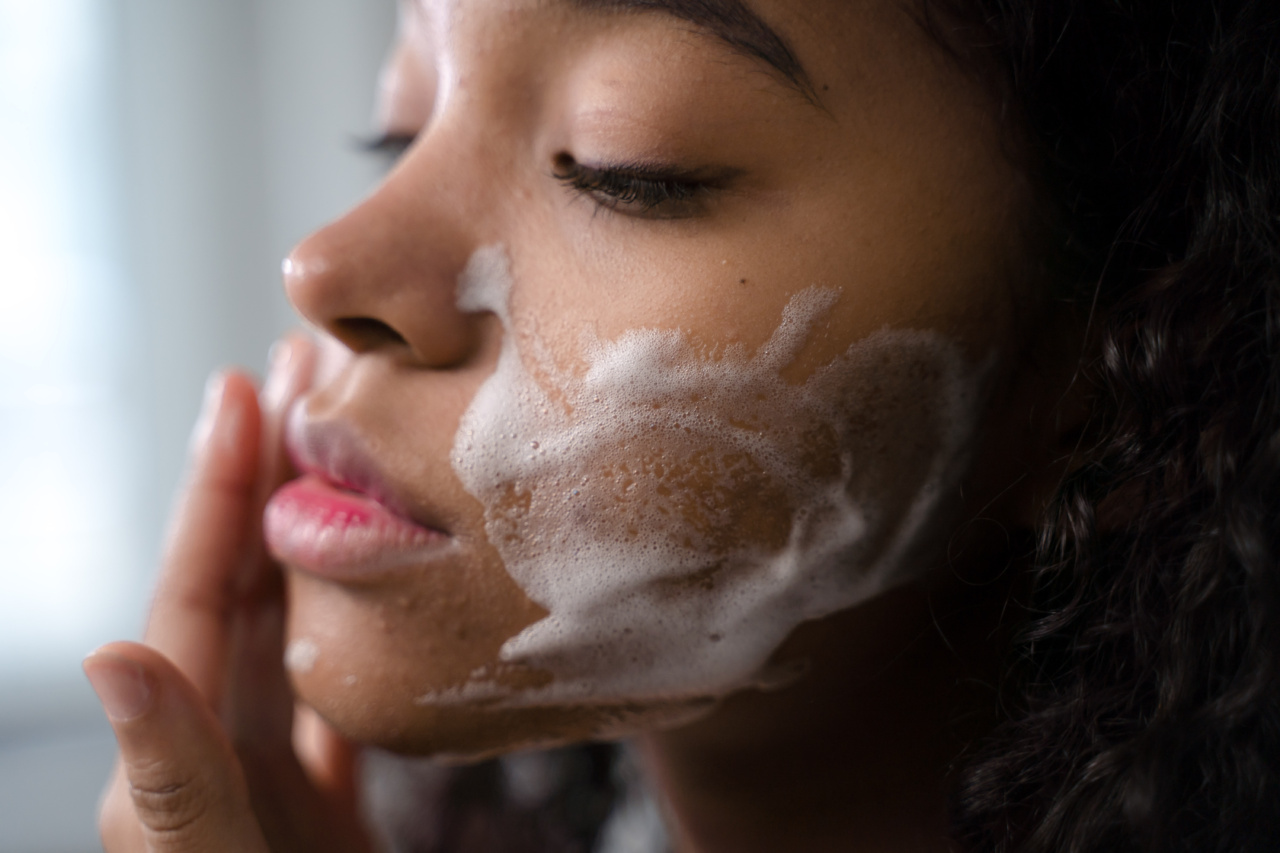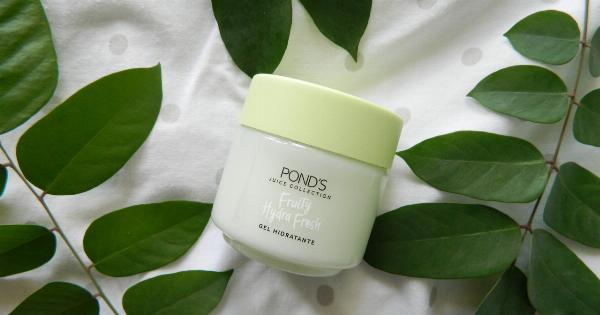Facial washing is an essential part of the skincare routine that helps to remove dead skin cells, oils, and dirt accumulated on the surface of the skin.
While face washing seems like a simple task, there are several myths related to it that people believe in. These myths can work against your skin health and make your skin problems worse. In this article, we will debunk some common myths about face washing so that you can maintain healthy and glowing skin.
Myth 1: Washing more often leads to clearer skin
Many people believe that washing their face multiple times a day results in clearer skin. However, this is not true. Over-washing can strip the skin of its natural oils, which can make your skin dry, itchy, and inflamed.
Moreover, excess washing can cause irritation and breakouts and make the skin barrier weak, making it more prone to infections. Experts recommend washing your face no more than twice a day, once in the morning and once before bedtime, with lukewarm water and a gentle cleanser that suits your skin type.
Myth 2: Hot water opens pores, and cold water closes them
Most people believe that rinsing their face with hot water can open their pores, making it easier to cleanse them. However, this is not true. The pores on the skin are not muscles; therefore, they do not open or close.
The steam that forms with hot water can soften the skin, making it easier to remove dirt and oil. On the other hand, splashing cold water on your face does not close the pores. Coldwater can calm down the skin and reduce the redness, but it won’t affect the pore size.
Always wash your face with lukewarm water as it helps maintain the natural oils and does not damage the skin.
Myth 3: Soap is the best cleanser for all skin types
Many people use regular soap to wash their faces. However, using soap can be harmful to your skin as it can dry out the skin’s natural oils and make it more sensitive.
Moreover, soaps have a high pH level, which can disturb the skin’s acid mantle balance and cause irritation and breakouts. Experts recommend using a gentle, pH-balanced cleanser instead of soap, which suits your skin type and helps maintain the skin’s natural moisture.
Myth 4: Scrubbing your face with a rough cloth or sponge removes dead skin cells
Using a washcloth or sponge to scrub your face can feel refreshing, but it’s not essential for removing the dead skin cells. It can, in fact, cause irritation and inflammation and strip the skin of its natural oils, leading to dry and flaky skin.
Use a gentle exfoliant product once a week, which can help to remove dead skin cells without damaging the skin. If you have sensitive skin, avoid physical exfoliation and opt for chemical exfoliants like alpha-hydroxy acid (AHA) or beta-hydroxy acid (BHA).
Myth 5: You should always cleanse your face before bed
Cleansing your face before bedtime is essential to remove makeup, dirt, and oil accumulated on the skin during the day. However, if you have dry or sensitive skin, over-cleansing can make the skin more dry and irritated.
Furthermore, if you don’t wear makeup or sweat much during the day, you can skip cleansing your face before bedtime and rinse it with water instead.
Myth 6: You should scrub your nose to remove blackheads
Blackheads occur when the pores are clogged with dirt and dead skin cells and oxidize with air, causing the black discoloration. Scrubbing the nose with force or using pore strips can cause skin damage and make the blackheads worse.
It can also lead to inflammation and redness. Experts recommend using a salicylic acid-based product to dissolve the excess oil that causes blackheads and to prevent them from forming in the first place.
Myth 7: You should always use toner after washing your face
Toners can help to remove excess oil and residue from the skin and maintain the skin’s pH level. However, if you have dry or sensitive skin, using a toner can make your skin more dry and irritated.
Additionally, if you are using a good quality, gentle cleanser, toning may not be necessary. If you decide to use a toner, choose the one that suits your skin type, alcohol-free and pH-balanced.
Myth 8: Water alone is enough to clean your face
Rinsing your face with water only can remove some surface dirt and oil; however, it’s not enough to remove makeup, sunscreen, and the buildup of pollutants. Moreover, if you have oily skin, using water only can lead to clogged pores and breakouts.
Use a gentle cleanser that suits your skin type to remove impurities and maintain the skin’s natural oil balance.
Myth 9: Your facial skin type is the same as your body skin type
Your facial skin is not the same as your body skin. The skin on your face is more delicate and thinner than the skin on the rest of your body.
Therefore, using the same body soap or lotion on your face can be too harsh and cause irritation, dryness, and redness. Always choose skincare products that are specifically designed for the face and for your skin type.
Myth 10: Your skin should feel tight and squeaky clean after washing
If your skin feels tight and squeaky after washing, it means that you have stripped the skin of its natural oils and disturbed its acid mantle balance. Skin that feels tight and dry can lead to irritation, breakouts, and premature aging.
Choose a gentle cleanser that doesn’t strip the skin of its natural oils and helps to keep the skin hydrated.
Conclusion
There are many myths and misconceptions related to face washing that can harm your skin. By debunking these myths, you can adopt a skincare routine that works for your skin type and maintains healthy and glowing skin.
Always choose gentle, pH-balanced, and non-irritating cleansers, avoid over-washing, scrubbing, and harsh products, and be consistent with your skincare routine.





























